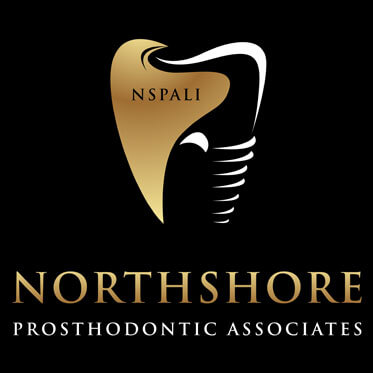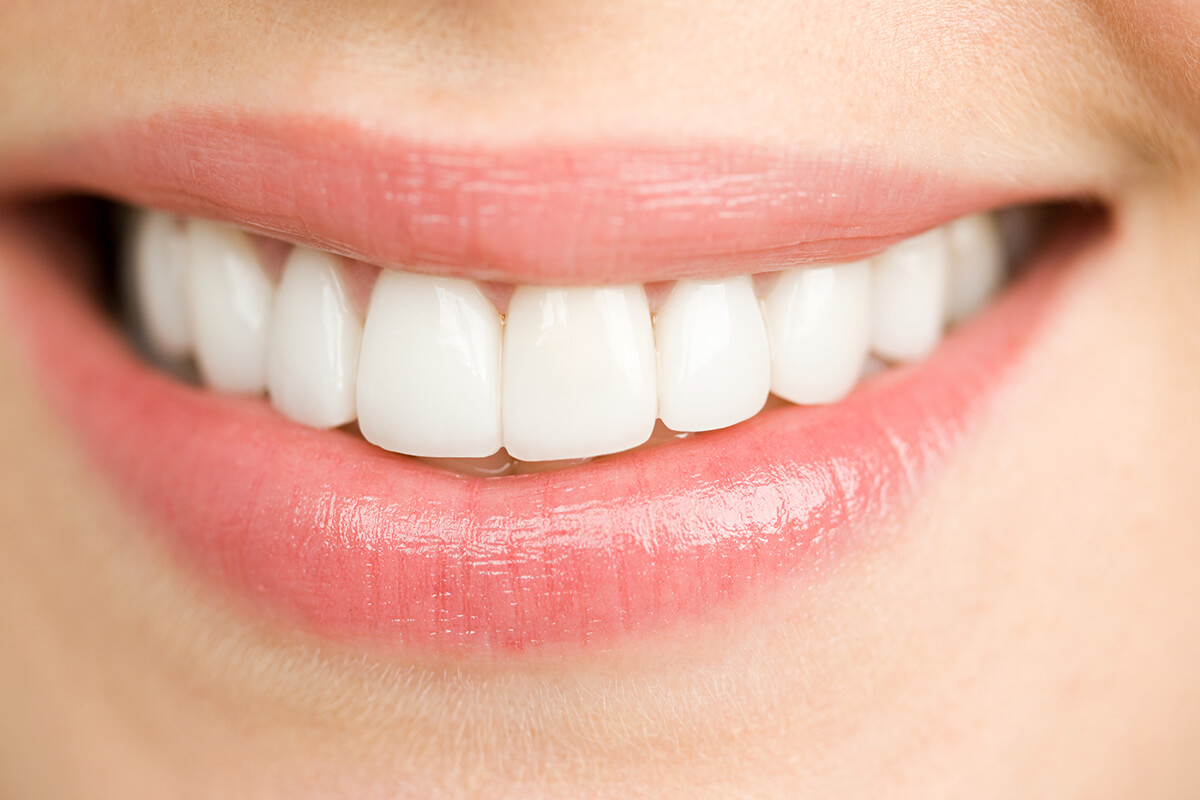Some people swear by this “miracle” ingredient, while others are skeptical. But what’s the truth? Charcoal toothpaste and powders have exploded in popularity over the past few years for their ability to clean your teeth and freshen your breath—but does charcoal really whiten teeth? Is it safe? Let’s look at the facts.
What is activated charcoal?
Activated charcoal is a fine black powder produced by carbonizing organic material. The term “activated” refers to the process by which the charcoal is made. Activated charcoal can be used in many ways, including as a dental product ingredient. It’s commonly used in water filtration systems, certain medical applications, and some beauty products.
Proponents of activated charcoal claim it works by binding to stains and impurities on your teeth, which helps lift them off your enamel. This process might help remove surface stains from your teeth, but the deeper layers will remain untouched until you get professional dental care or use other methods to treat them.
What dental products contain charcoal?
If you’re looking for dental products containing activated charcoal, you’ll find them in various forms:
Toothpaste and toothpaste replacement gels and powders. These products are often used to whiten teeth. They may have other benefits, such as helping to fight cavities and protect against plaque.
Gum and lozenges. Several types of chewing gum and lozenges contain activated charcoal. Chewing these products helps freshen breath by removing bacteria from the mouth.
Oral irrigators and irrigation solutions. These products use water mixed with activated charcoal to flush out debris from your mouth. It can also help fight any odors caused by bacteria in your mouth.
Tongue scrapers or swabs. These tools are used to clean off the top layer of bacteria on your tongue.
Is activated charcoal safe for teeth?
Activated charcoal has been used for centuries as a medicine and purgative. The activated charcoal used for teeth whitening is made from coconut shells or bamboo. It is a fine black powder that has been processed with oxygen to make it porous and absorbent.
The idea behind using activated charcoal on teeth is that it will remove plaque and stains while neutralizing odors caused by bacteria. This may be true in some cases, but some risk is associated with applying activated charcoal directly to the teeth. In certain cases, people who’ve used charcoal toothpaste have experienced adverse side effects such as enamel erosion.
Some companies that produce charcoal dental products make unproven claims about its benefits. Although the Food and Drug Administration (FDA) has approved activated charcoal as an over-the-counter drug, it’s not regulated by the FDA. This means you can’t be sure about a product’s formula or the amount of activated charcoal it contains.
The American Dental Association doesn’t recognize toothpaste with charcoal as an effective teeth whitening solution and recommends consulting your dentist before using charcoal toothpaste or powder.
Do you have questions about teeth whitening?
Activated charcoal doesn’t do much to whiten teeth—it’s far less effective than professional products and may harm tooth enamel in some cases.
If you want a whiter, brighter smile, we’re here to help with your teeth whitening needs. To learn more, contact us today!

